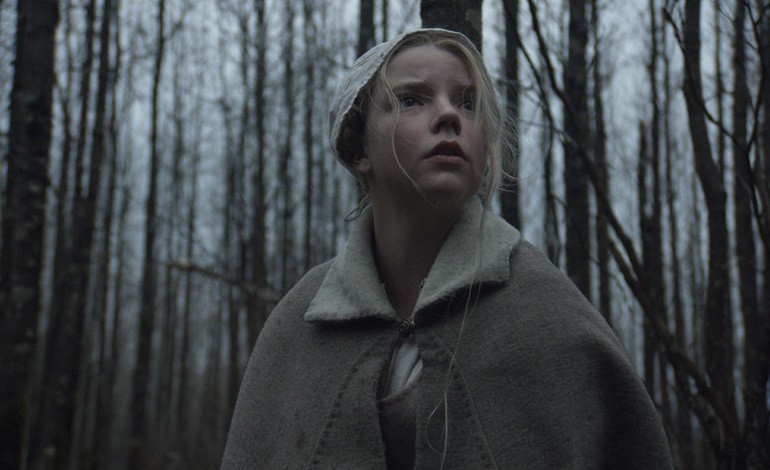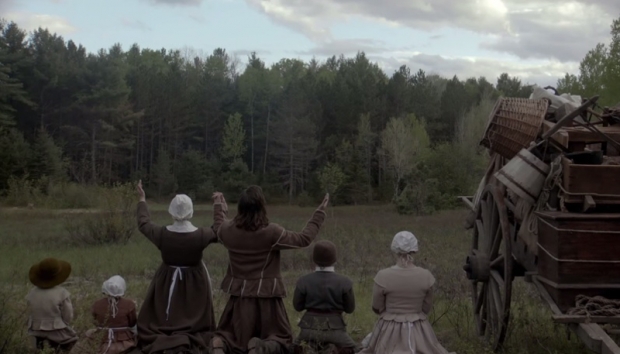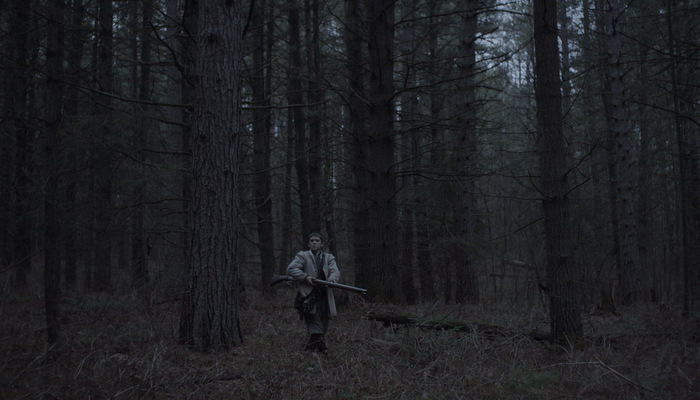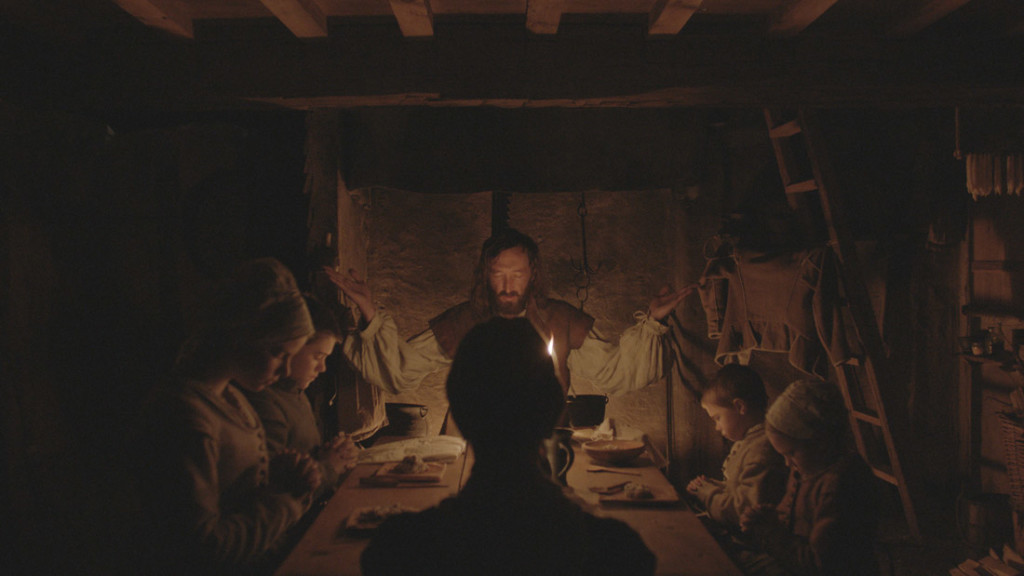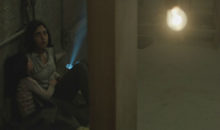TIFF Review: Robert Eggers’ The Witch
Its first public screening since walking away from Sundance with a best director award for its first-time director, The Witch treated its TIFF audience to a stunning exercise in tense, intimate horror. Robert Eggers, who directed and wrote the film, meticulously researched Puritan America and pulled ideas together from 17th-century court documents, diaries, and folktales, sometimes copying dialogue verbatim. That authenticity, stressed by the costumes and sets as well, prevents the film from feeling forced or archaic, and helps to draw the audience in.
After being exiled from their village, a Puritan family settles alone outside a dense forest. While their crops are failing, things take a turn for the worse when their infant son mysteriously disappears on oldest daughter Thomasin’s watch. The family’s devout, even fanatical religious convictions worsen their insecurities and they start to blame each other for everything from a failed harvest to misbehaving livestock. Familial frustrations become resentments through hardship, accusation, and lies, and the film draws its horror from those tensions as much as from witchcraft.
The actors are all fantastic, particularly Anya Taylor-Joy as Thomasin and Harvey Scrimshaw as her adolescent brother Caleb. Both young actors bring quiet conviction to their characters’ doubts and fears as they try to navigate their lonely lives in the wilderness (further complicated by the onset of puberty). Their parents are played by Game of Thrones alums Ralph Ineson and Kate Dickie who attacks their roles with intensity that’s just shy of being over-the-top. The characters’ uncertainty makes them unpredictable, but the actors’ range keeps the characters consistent. Eggers’s direction allows them to act, lingering close ups that let the performers do the heavy lifting are offset by wider shots that stress the remoteness of their desolate landscape.
The gorgeous cinematography maintains the bleak mood even in innocuous moments, washing everything in greys and browns, shifting to a warmer palette only for the supernatural. A few key moments use black shadows to incredible effect, highlighting characters’ evil nature or foreshadowing that they’ll come to harm. Mark Korven’s powerful score enhances tension with choral music that feels more period appropriate than the synthetic ambient noise that’s been so popular for horror soundtracks in recent years.
Not every spooky moment lands perfectly, since a lot of the elements – such as a family goat who may or may not be evil and able to talk – seem archaic and even ridiculous to a modern audience, but for the most part, Eggers makes it work. A cloud of dread hangs over the characters, as they have no way to protect themselves from witchcraft and no one to turn to for help. They take accusations of witchcraft so seriously that their fear is transferred to the audience, and watching them turn on each other is more terrifying than the threat of the supernatural.
The Witch is an unsettling, emotional horror film with complex characters who draw the viewer into their story. Fans of sensational horror – the kind with gore and jump scares – might find this to be little more than an intense period drama; but those who enjoy quieter horror, scares that come from an oppressive atmosphere and complex characters, will find a true gem.

